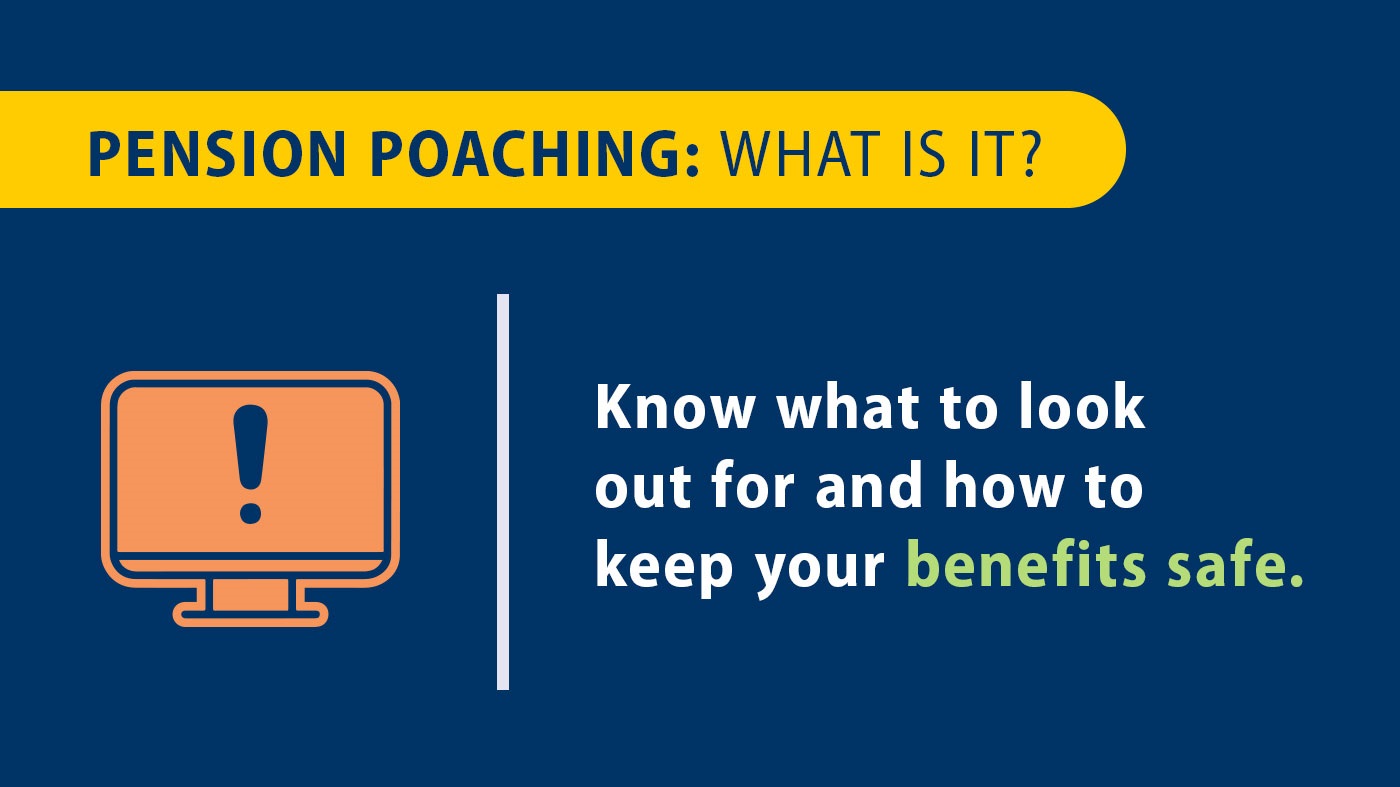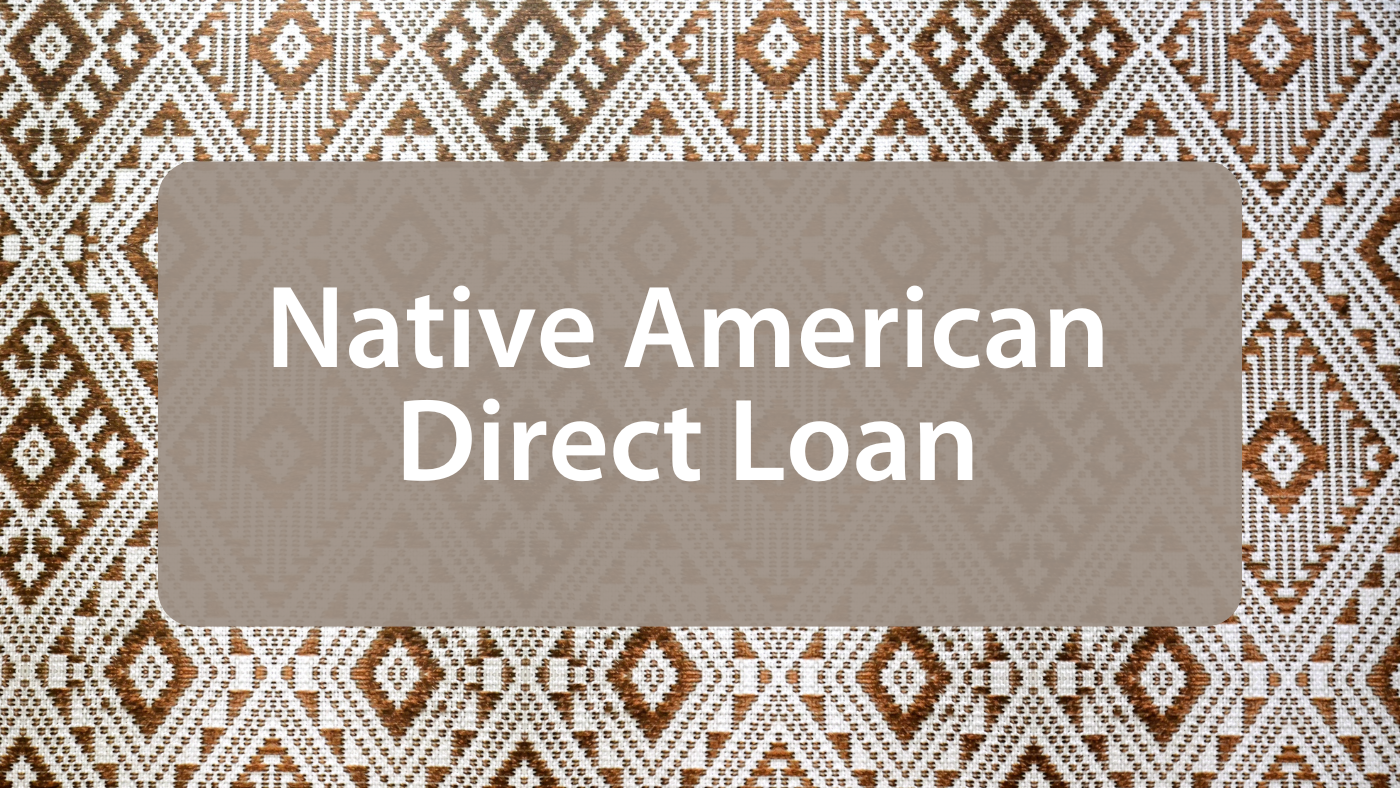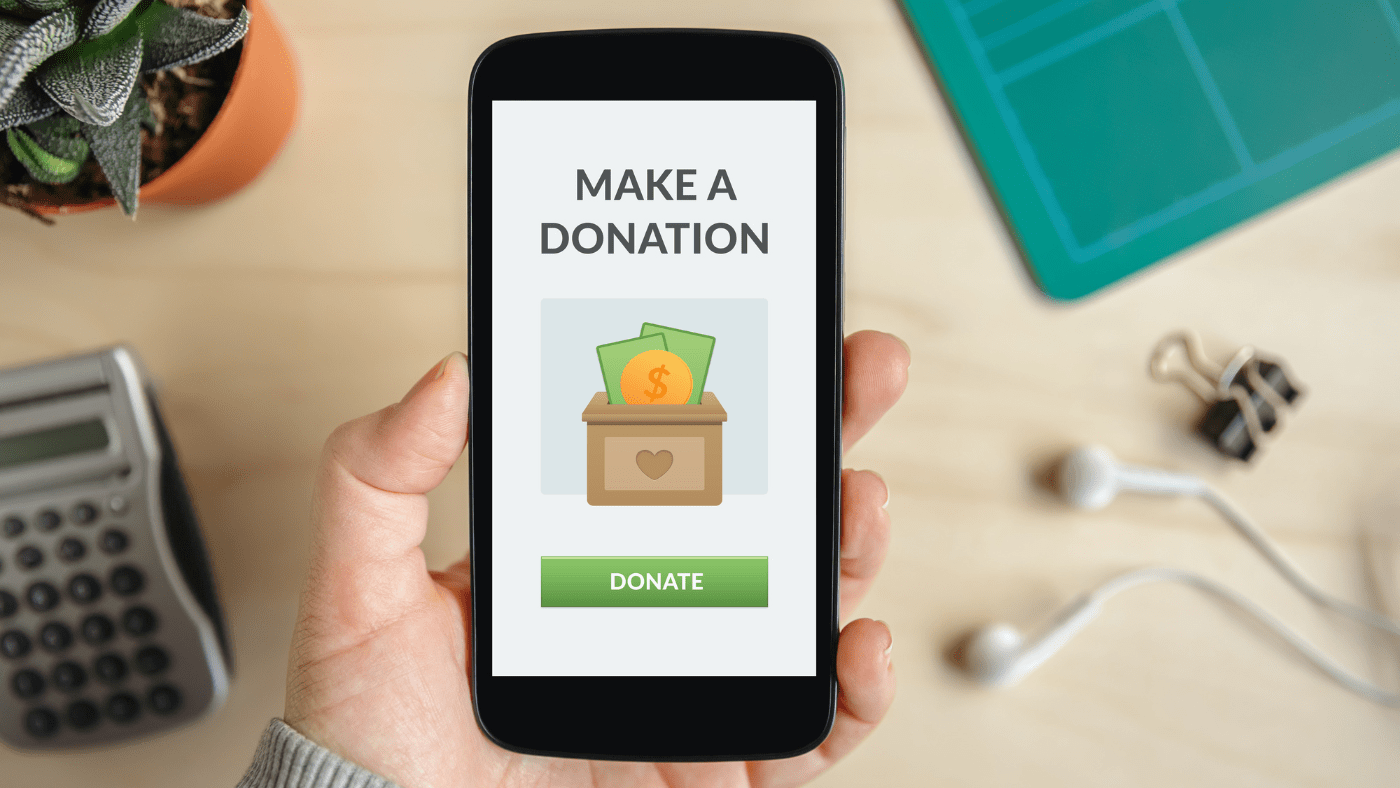Have you ever heard of the scam called pension poaching? It is a financial hoax used by scammers to defraud Veterans, survivors and their families who are potentially eligible for VA pension benefits. If you currently receive a VA pension or are thinking about applying for one, learn how to spot and avoid poachers!
What are VA pension programs?
VA provides two different pension programs for Veterans and their dependents. Veterans Pension is a tax-free monthly benefit available for wartime Veterans who meet certain age or disability requirements, and have income and net worth within certain limits. Survivors Pension is available to qualifying surviving spouses and unmarried dependent children of wartime Veterans who meet certain income and net worth limits. Additionally, Veterans and survivors who need help with daily activities (such as bathing, dressing and eating), or are housebound, may be eligible for additional pension adjustments with VA Aid and Attendance or Housebound benefits.
What to avoid and who to trust?
Pension poachers will often try to earn your trust by claiming to be advocates who can help you gain more VA benefits than you already receive. By doing so, these scammers collect money through fees or by siphoning off your benefit payments. Following the advice of scammers puts your pension in jeopardy. You could also end up disqualified from other VA benefits or owe money back if it’s determined you’re ineligible for payments.
Veterans, survivors and their advocates should never pay for assistance when applying for VA benefits. Accredited Veteran Service Organization (VSO) representatives provide free advice and help complete and file applications. These certified professionals are well-trained to support you and your family. In addition to working with only accredited representatives, be sure to avoid cold calls, phishing emails and other poaching pitches, such as:
- Requests to move money into different accounts or reallocate investments to qualify for a VA pension payment,
- Requests for money to file your claim or for application forms,
- Promises of “guaranteed eligibility” for a particular VA benefit or a lump-sum payment upon approval,
- Requests for personal information, including credit card or other billing information, and
- Offers to send benefits to a caregiver’s account.
VA benefits can only go to an eligible Veteran or survivor, not to a caregiver’s account. While some attorneys may charge you a fee for representation in appealing or requesting an additional review of a VA decision, they cannot charge you for services provided on initially applying for benefits.
If a potential scammer approaches you, please report them to the VA Office of Inspector General (OIG) by calling 800-488-8244. You can also file a complaint with the Federal Trade Commission at www.consumercomplaints.fcc.gov.
Topics in this story
More Stories
In this news post, we explore the various options designed to keep you in your home, offering hope and possible solutions for when/if you experience financial hardship.
Vietnam Veteran David Chee is among the many Native American Veterans and service members who have dedicated their lives to military service. Chee proudly served with the Army's 82nd Airborne, parachuting into the jungles of Vietnam. Chee now owns a home he purchased on Navajo tribal lands with the help of the VA Native American Direct Loan.
For Veterans, donating to charities—especially those that support fellow service members—feels like a meaningful way to give back to the community. However, Veterans and their loved ones must remain vigilant and learn to protect themselves from charity scams.






